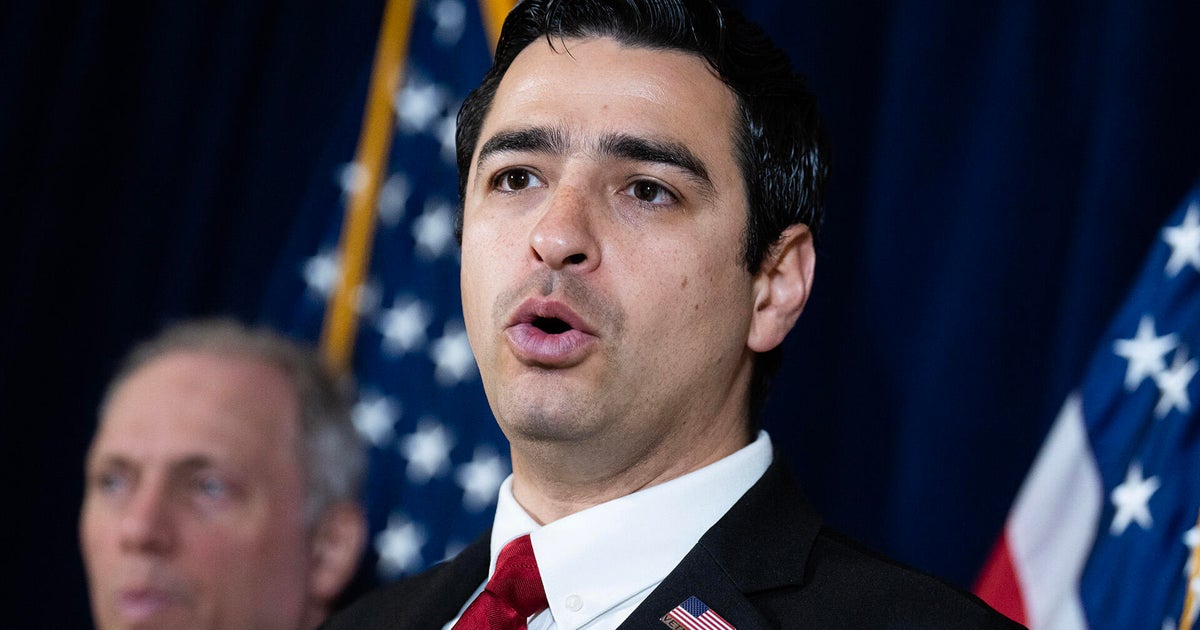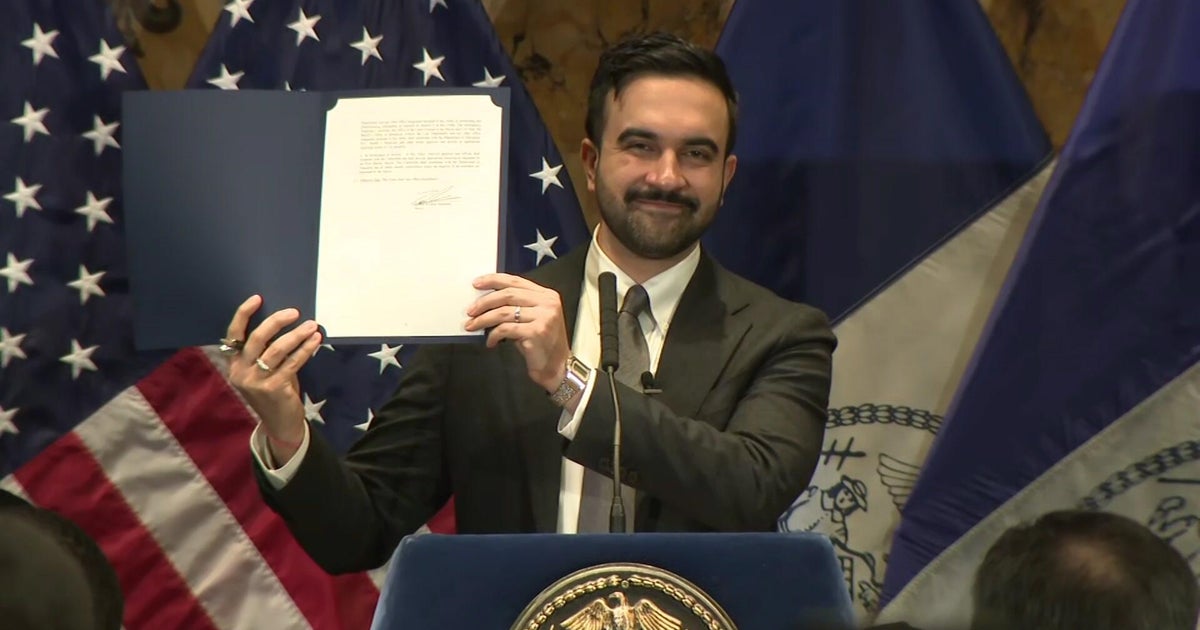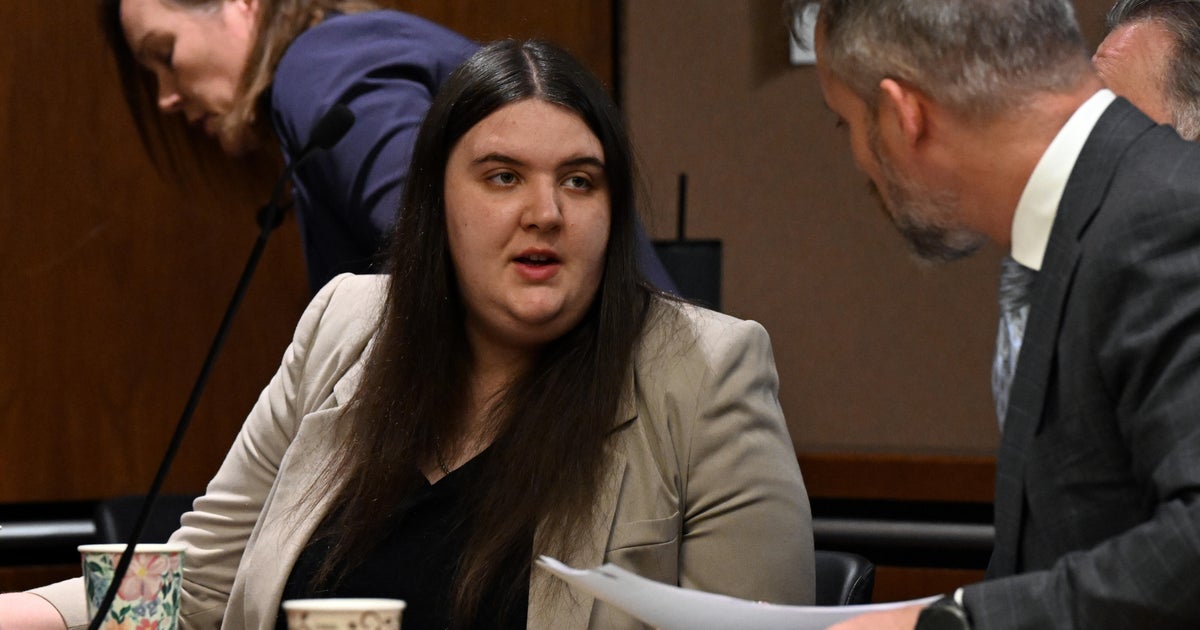Scott Orders Prison Reforms After Legislation Stalls
Follow CBSMIAMI.COM: Facebook | Twitter
TALLAHASSEE (CBSMiami/NSF) - After lawmakers failed to agree on prison reforms this session, Gov. Rick Scott on Friday issued an executive order incorporating some of the provisions in House and Senate bills, including those involving use of force and chemical agents by guards.
Department of Corrections Secretary Julie Jones has already begun to implement some of the items included in Scott's four-page executive order, which she said emphasizes the importance of the reforms.
"There's so much skepticism as to whether were going to follow up on things and whether we'll really do it. It was just to make the point that this is important. I want to implement all of the good stuff the Legislature tried to accomplish this past session. The best way to nail it home was to codify it and make it official. That's the only reason that we did the executive order," Jones told The News Service of Florida.
The reforms come amid increased scrutiny of Florida's prisons in the wake of reports of inmate deaths at the hands of abusive prison guards, cover-ups involving inmate deaths and allegations of retaliation against whistleblowers.
Mirroring a component of a bill unanimously approved by the Senate, Scott's order requires the department to track use-of-force incidents. Guards or officers who use force on inmates will also have to create "independent" reports of the incidents, sworn under oath, and file them within one day.
Jones said she is already asking prisons to start compiling use-of-force reports.
"Then everything is going into one major spreadsheet in Tallahassee, and that way I can look at officers as they move between facilities to keep track of any and all of their activity. So it's happening on two different fronts," she said Friday.
And, as in the Senate proposal (SB 7020), Scott's order requires each prison to keep track of the use of chemical agents as well as the disposal of expired, used or damaged canisters of gas.
Tracking use-of-force incidents as well as the chemical agents themselves are among the most significant items included in the reforms, Jones said.
"The mere fact that we have eyes on the use of force issues. … We're going to go ahead and create the extra accountability at the regional level that the House wanted, and we're doing a deep dive on the chemical agents. That whole audit and that wholesale review of the chemical agents, you've heard stories. I've heard stories. I think that's a big piece," she said.
Like the House plan, Scott's executive order adds a fourth administrative region to the Department of Corrections and requires regional directors to make at least two surprise visits each quarter to prisons within their areas. The directors will also have to review "statistics and trends" related to use of force, employee discipline, inmate grievances and inmate abuse four times a year.
Scott's order also requires Jones to "ensure that the department establishes a policy to protect from retaliation those employees who report wrongdoing," an undertaking Jones and her predecessor, Mike Crews, have struggled to implement in an agency where guards have repeatedly complained about retribution from supervisors or colleagues after exposing abuse or corruption.
The governor's executive action also requires the agency to investigate and evaluate "the usefulness and dependability of existing safety and security technology," including new video-monitoring systems, and to contract with safety and security consultants as needed.
Senate Criminal Justice Chairman Greg Evers, who made a series of unannounced visits to several state prisons this year, praised Scott for issuing the order.
"This is very pleasing. It just goes to show that our governor is really paying attention to what goes on in the Legislature," Evers, R-Baker, said.
"The News Service of Florida's Dara Kam contributed to this report."







